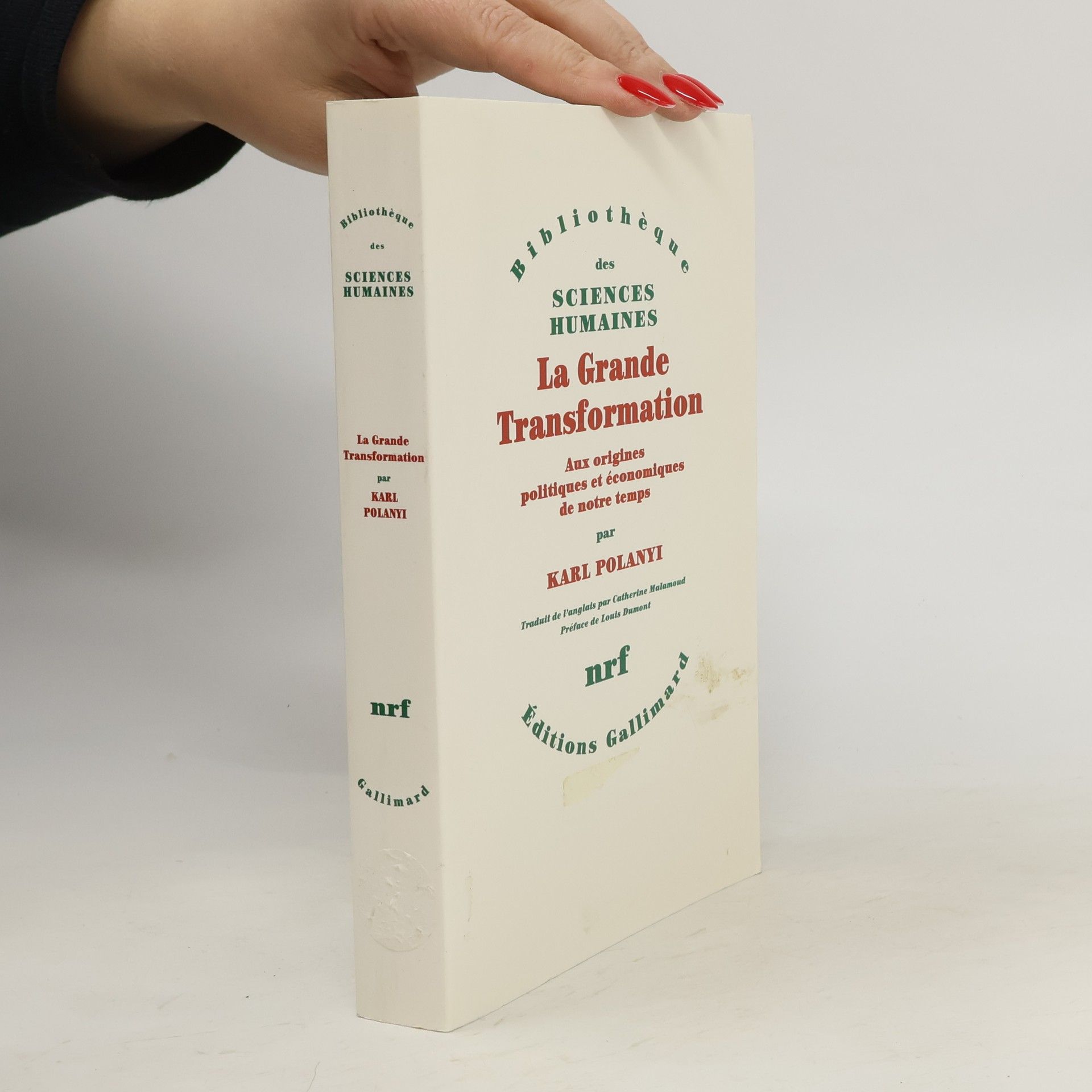Karl Polanyi Libri
Questo autore sfida il pensiero economico tradizionale, esplorando come le economie siano radicate nella società e nella cultura. Il suo lavoro sostiene che l'emergere di società basate sul mercato non fu inevitabile, ma storicamente contingente. L'approccio dell'autore all'economia, che enfatizza il suo radicamento culturale, ha trovato applicazione in varie scienze sociali. Le sue teorie sono diventate un fondamento per il movimento della democrazia economica.






This book compiles Karl Polanyi's key articles and essays, showcasing his insights on market capitalism and its impact on society and nature. It includes his writings on economic crises, political theory, and critiques of economic determinism, making it vital for understanding his contributions to political economy and philosophy.
'One of the most powerful books in the social sciences ever written. ... A must-read' Thomas Piketty 'The twentieth century's most prophetic critic of capitalism' Prospect Karl Polanyi's landmark 1944 work is one of the earliest and most powerful critiques of unregulated markets. Tracing the history of capitalism from the great transformation of the industrial revolution onwards, he shows that there has been nothing 'natural' about the market state. Instead of reducing human relations and our environment to mere commodities, the economy must always be embedded in civil society. Describing the 'avalanche of social dislocation' of his time, Polanyi's hugely influential work is a passionate call to protect our common humanity. 'Polanyi's vision for an alternative economy re-embedded in politics and social relations offers a refreshing alternative' Guardian 'Polanyi exposes the myth of the free market' Joseph Stiglitz With a new introduction by Gareth Dale
For a New West
- 258pagine
- 10 ore di lettura
At a recent meeting of the World Economic Forum in Davos, it was reported that a ghost was haunting the deliberations of the assembled global elite D that of the renowned social scientist and economic historian, Karl Polanyi.